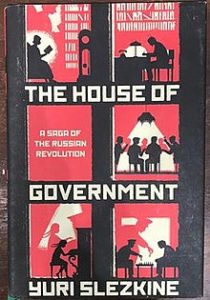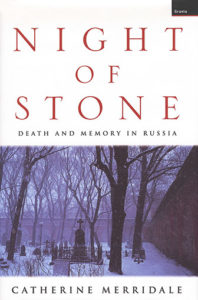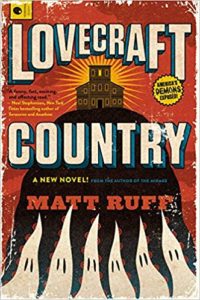Shamefully, I have never read The Talented Mr Ripley, electing instead to read the Wiki page to see how much symmetry there is between that classic and this novel that does not pretend not to be very much inspired by that earlier book (in my defense, there are only so many hours in the day, and between Little Tales Of Misogyny and The Price Of Salt, I’ve read my share of Patricia Highsmith.) I don’t know if it’s a bit of a spoiler to warn you that Social Creature is very much a modern updating of TTMR, because that’s pretty much the entire point of the book: to be an exercise in deception and guilt and how to get away with murder in the age of social media. Bonus: the main characters are female, which adds an entirely different level to the goings-on.
SC follows Louise Wilson, a 29 year-old living a life of quiet desperation as she ekes out a respectable living in New York City, juggling three jobs and telling herself that she’ll get back to being a writer some day. Single, friendless and lonely, she quickly succumbs to the seductive spell of Lavinia Williams, the wild and wildly romantic older sister of one of the girls Louise tutors for the SATs. Lavinia introduces Louise to the heady, decadent New York City high life that exists only for the young, rich and well-connected. For the first time in her life, Louise feels beautiful and wanted and seen.
But Lavinia has her private rules and an unspoken agenda that slowly bind Louise closer to her and to her lifestyle. Were Louise more sensible, more self-assured, perhaps she could face losing this entire gilded world when she trespasses against the most closely held of Lavinia’s many mean girl barriers; instead, she finds herself living a life so perfect but for its fragility, encroached upon by the paranoia and guilt that come from needing to keep up appearances in the face of the actual end of it all.
SC is a novel about a toxic female friendship on steroids, about a woman whose only reality is herself and the friend who chooses that reality over the person. It’s also a novel about social media as a filter for our lives, and a merciless extrapolation of how we use it to present the facades we want to show the world. And while it definitely hits several of TTMR’s story beats, it’s not a slavish reproduction — tho perhaps I say that only having read the Wikipedia outline. Regardless, I was vastly entertained by this dark exercise in young feminine ruthlessness. Also, I must say that I thought the growing friendship between Louise and Mimi quite sweet; had Lavinia not done her best to ruin them, perhaps Louise would have stood a chance, in the end.





